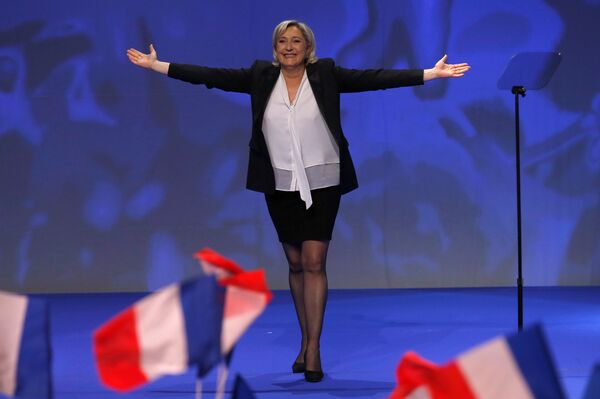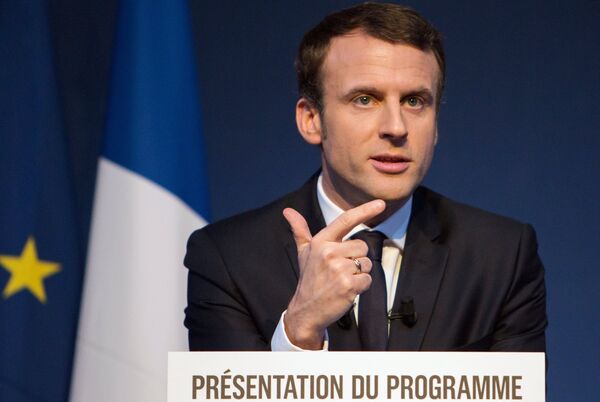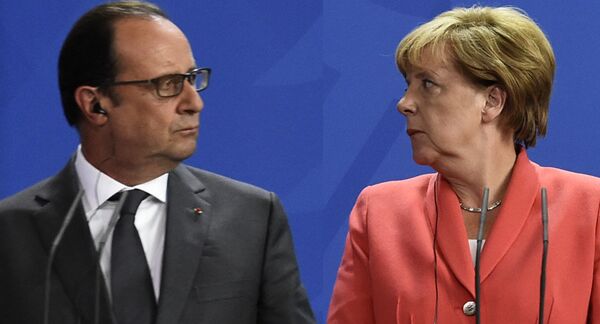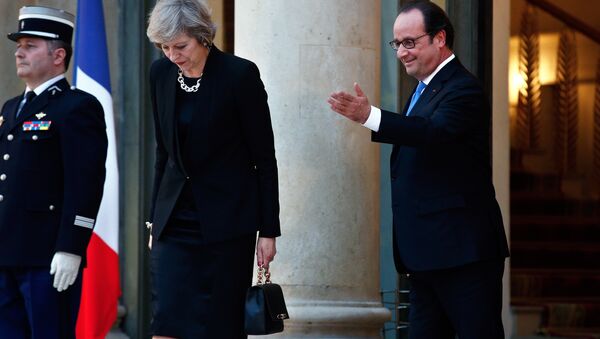In a phone call this morning, Hollande is reported to have said European Council President Donald Tusk's timetable for talks must be adhered to, derailing May's plans to conduct talks on post-Brexit trade deals with the EU concurrently with the UK's divorce negotiations.
"The President indicated the talks must at first be about the terms of withdrawal, dealing especially with citizens' rights and obligations resulting from the commitments made by the UK. On the basis of the progress made, we could open discussions on the framework of future relations between the UK and the EU in accordance with the letter from Mr. Tusk," said an official statement issued by the Elysee Palace.
Moreover, Hollande is said to have told May that talks must be held in a "clear and constructive manner" in order to avoid uncertainties, and "fully respect the rules and interests" of other EU member states.
#France's #Hollande delivers new #Brexit blow to #May https://t.co/peVGjk2E1D Sadly we all suffer May's errors #Brexidiot pic.twitter.com/jCPmvJBj1G
— Ian D Burrell (@Lost_Tribe) March 31, 2017
Of course, Hollande will soon cease to be French President, with a fresh presidential election scheduled for April 23.
Polling currently places Marine Le Pen and Emmanuel Macron neck and neck, meaning a second round runoff election between the two is likely — and the hopefuls have highly conflicting views on Brexit.
Le Pen has made clear she supports the UK's decision to leave, and has pledged France will follow the UK's lead in holding a referendum on French membership of the bloc.

Macron's stance largely echoes Hollande's, with the contender warning Westminster during a February trip to London the country cannot expect special preferences or concessions.

"This is not negotiable," he added.
Today isn't a good day. #Brexit marks a new chapter in our Union's history, but we're ready, we'll move on, hoping UK remains close partner. pic.twitter.com/Fx6q7lMSnO
— EP President Tajani (@EP_President) March 29, 2017
The same day, German Chancellor Angela Merkel also dashed the prospect of parallel talks, saying the terms of Britain's future relationship with the EU would be decided soon, but not before those of the split were finalized.
"The negotiations must first clarify how we will disentangle our interlinked relationship — and only when this question is dealt with can we, hopefully soon after, begin talking about our future relationship," Merkel said.

In her letter officially triggering Article 50, May said the UK wished to ensure a "deep and special partnership" with remaining members of the EU, and achieve close economic and security cooperation. In order to accomplish those ends, she said it was "necessary to agree the terms of our future partnership alongside those of our withdrawal from the EU."


